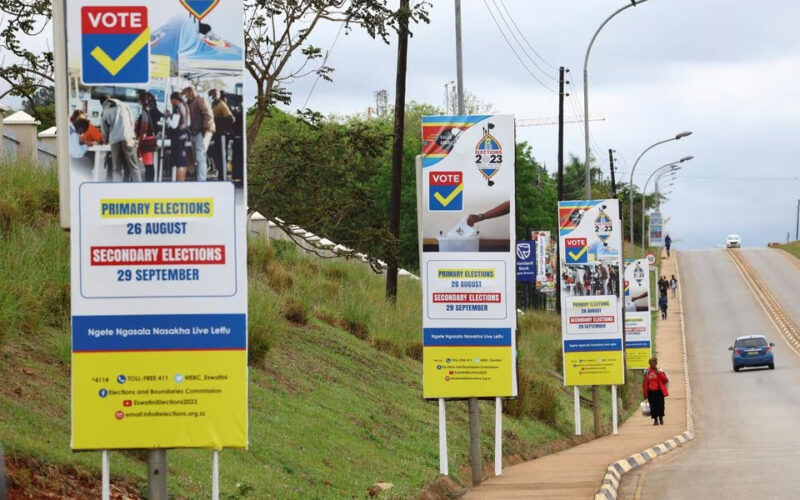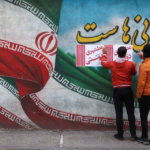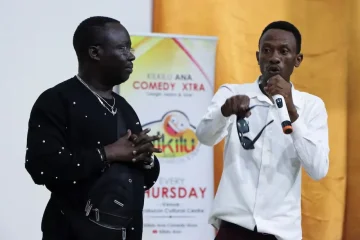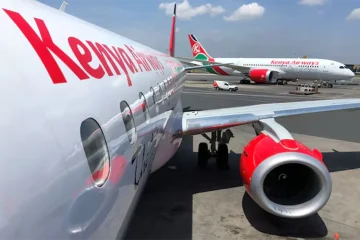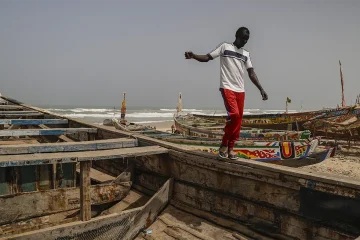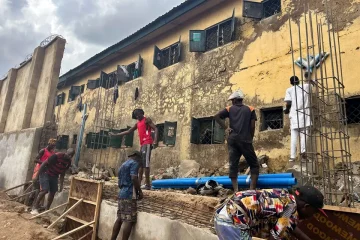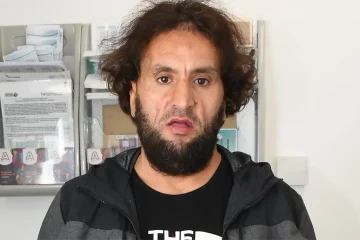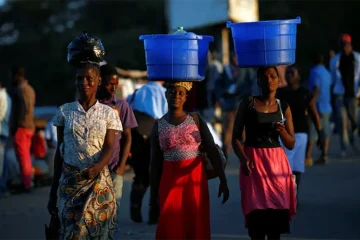VOTERS in Eswatini queued under the hot sun on Friday morning to cast their ballots in parliamentary elections whose outcome will make little difference to the politics of a country controlled by Africa’s last absolute monarch.
King Mswati III has ruled the southern African kingdom of about 1.2 million people since 1986 when he inherited the crown from his father, Sobhuza II.
Political parties are banned, but individual candidates can run for seats in the House of Assembly every five years.
The power of the politicians elected in these polls consists mainly of being able to make suggestions to the king, who is free to ignore them.
Campaigners say Mswati has consistently evaded calls for meaningful reforms that would nudge Eswatini, which changed its name from Swaziland in 2018, in the direction of democracy.
Public anger, which has been building for some time, boiled over into violent pro-democracy protests in 2021.
The 55-year-old king denies being an autocrat, and many Swazis are reluctant to criticise him or the political system.
“I am a Swazi girl and very respectful so I cannot talk about the king. He is our king and I will not say anything,” Ndoniyamanzi Mdlalose, a 41-year-old clinical psychologist, told Reuters.
The election will be dominated by monarchists and other candidates sympathetic to the ruler, said Louw Nel, a senior political analyst at Oxford Economics Africa, in a note.
Two members of the previous parliament who supported the pro-democracy movement were jailed, and a third fled the country, he added.
“It is a misnomer to call what is happening in Swaziland elections,” said Sivumelwano Nyembe, spokesperson for Eswatini’s Multi-Stakeholder Forum, a pro-democracy activist group.
Some Swazis nonetheless hoped their vote would make a difference.
Gogo Bangwayini Fakudze, 76, told Reuters she cast a vote in Manzini, Eswatini’s second largest city, in hopes that her candidate will assist her community with transport so they would be able to go to church.
Mswati’s opponents also say he uses public money to fund a lavish lifestyle which he shares with his 15 wives, while most of the country’s population is made up of struggling subsistence farmers. The king is unapologetic about his riches.
Eswatini is rated “Not Free” by the U.S.-based organisation Freedom House, which says the king exercises ultimate authority over all branches of the national government and effectively controls local governance through his influence over traditional chiefs.
The South African Development Community (SADC) has sent an electoral observation mission to Eswatini at the kingdom’s invitation and will release a preliminary statement on Sunday.

